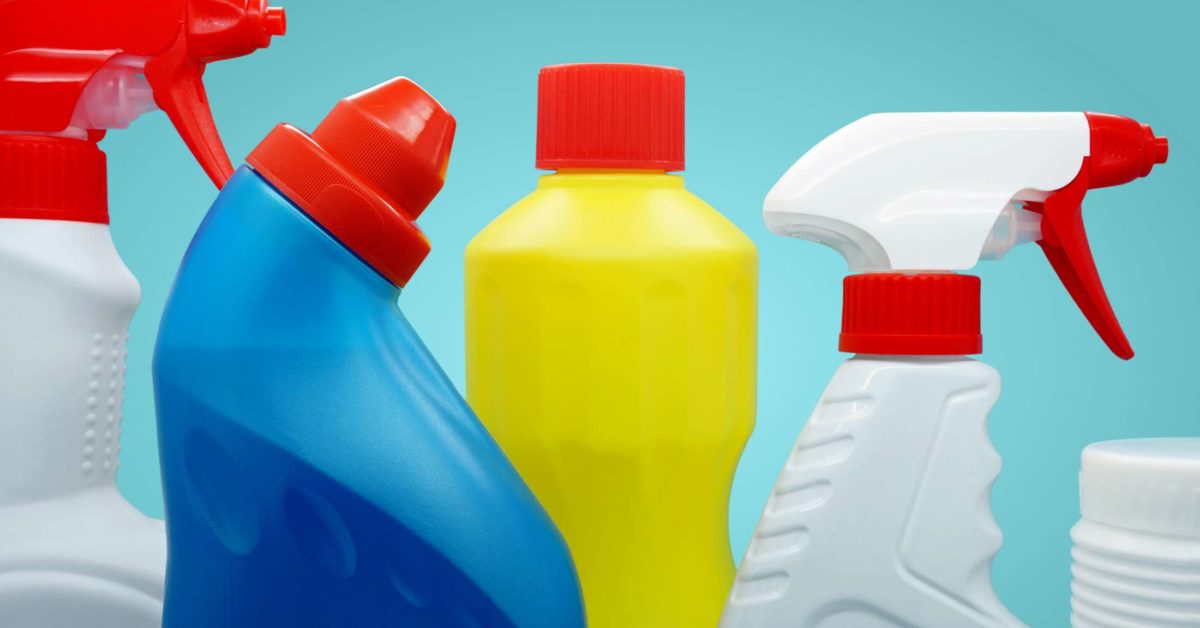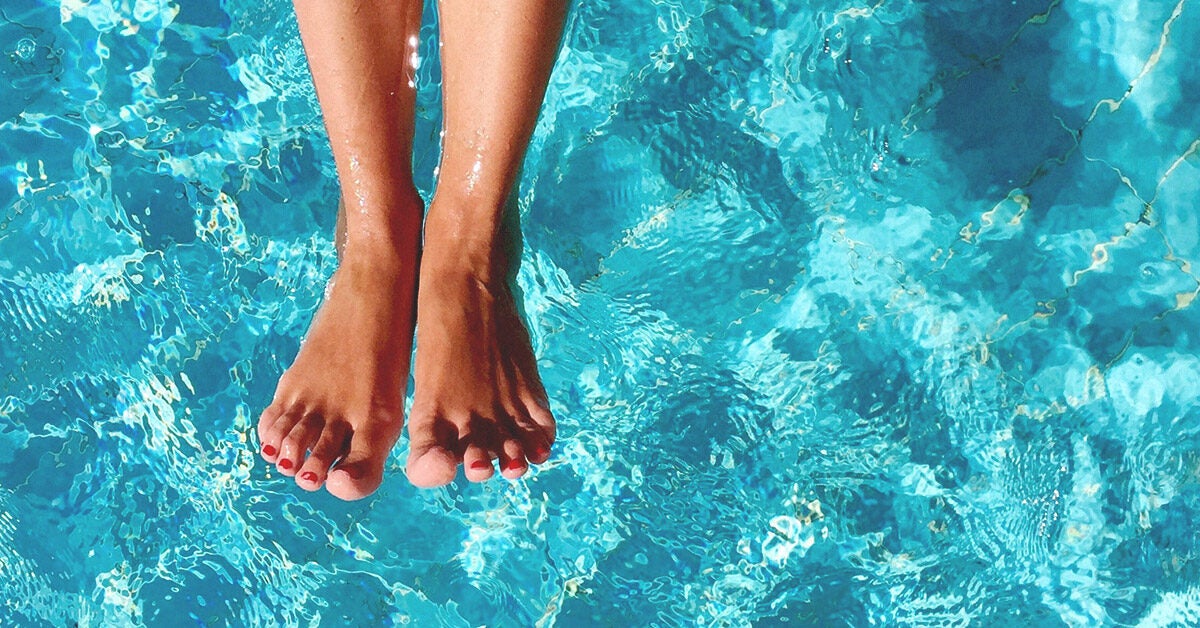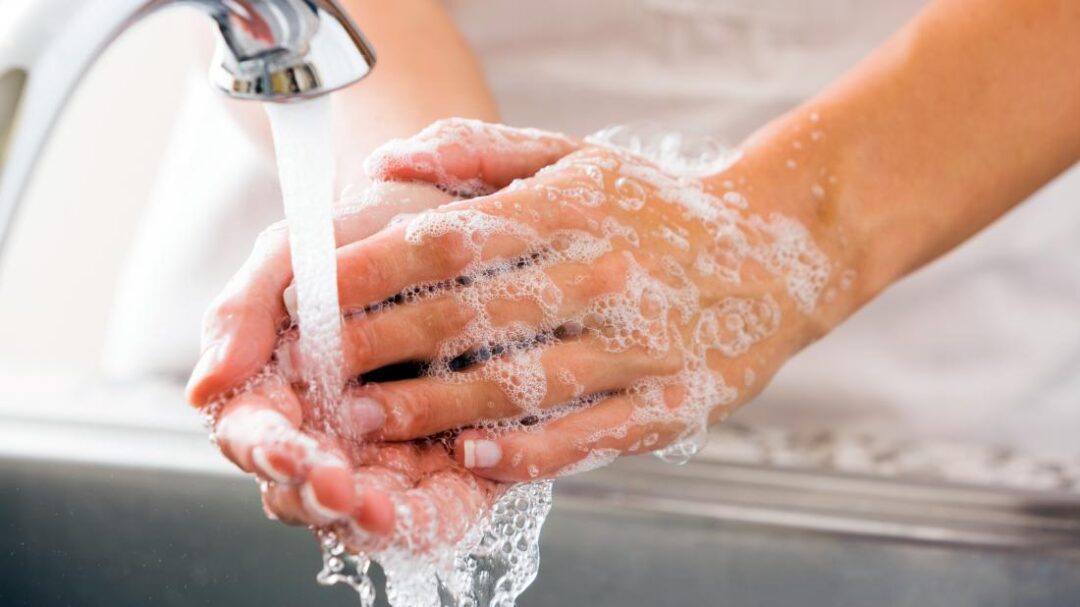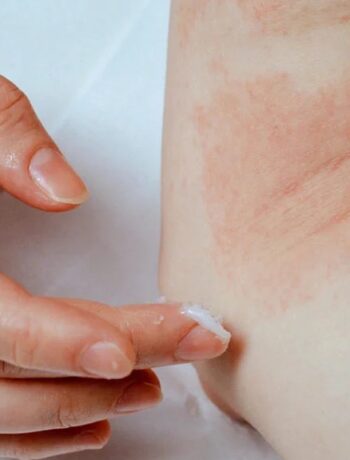Chlorine is a chemical often used to keep swimming pools and hot tubs clean. But did you know that chlorine can also affect your skin? In this article, we’ll explore the potential effects of chlorine on our skin, from how it works to what you can do if your skin becomes irritated.
We’ll focus on the science behind chlorine and its effects, as well as tips for keeping your skin healthy when using chlorinated water. Join us as we dive into the world of chlorine’s impact on our skin!
Understanding Chlorine and its Impact on Skin Health

Source: mytapscore.com
Understanding chlorine and its impact on skin health is key to maintaining good hygiene practices. Chlorine has powerful disinfecting capabilities, but its use should be monitored carefully to avoid any potential negative impacts it may have on the skin. Long-term exposure can cause dryness, tightness, itchiness, or even rashes due to its bleach-like properties that strip away natural oils from our bodies.
Additionally, chlorinated water may also increase the risk of sunburns since it weakens the protective barrier against UV rays produced by our sebum. To protect yourself from these risks, wear gloves during cleaning tasks involving chlorine; take shorter showers when using chlorinated water; limit time spent swimming in heavily-chlorinated pools; invest in a reverse osmosis system for drinking water; and hydrate often before entering a pool (or shower).
Following these tips will help ensure your skincare routine remains safe yet effective while keeping your environment clean!
The Benefits of Using Chlorinated Water for Cleaning

Source: www.medicalnewstoday.com
Using chlorinated water for cleaning has numerous benefits, from its effectiveness in killing bacteria and other microbes to its ability to make surfaces sparkle. Chlorine is a highly effective disinfectant that can be used safely on a variety of materials, including skin.
Its powerful oxidizing properties break down dirt and impurities, allowing for thorough cleaning with minimal effort. Furthermore, chlorine does not leave any unpleasant residues behind which makes it an ideal choice for those seeking chemical-free cleaning solutions.
It also helps reduce the risk of cross-contamination by eliminating bacteria and other organisms from shared surfaces such as kitchen counters or public bathrooms. Finally, chlorine is relatively inexpensive compared to other cleansers so it’s a cost-effective option when tackling more difficult stains or large areas that need disinfecting quickly and effectively.
Potential Risks of Over-Exposure to Chlorine

Source: www.healthline.com
Chlorine is a powerful chemical used to disinfect water and can have both positive and negative effects on the skin. While it helps keep our swimming pools clean, too much exposure to chlorine can lead to potential risks for your body.
Common side effects of over-exposure include redness, irritation, dryness, and rashes due to the harsh chemicals in chlorine that strip away natural oils from the skin. In extreme cases, prolonged exposure could even cause severe reactions such as breathing problems or burning sensations.
It may also impact allergies or asthma sufferers who are especially sensitive when exposed to chlorinated waters. To avoid these risks swimmers must take regular breaks while in the pool to rinse off any lingering chlorine residue before drying off completely with a new towel each time they leave the pool area.
Taking this precautionary measure will help prevent long-term damage caused by over-exposure and ensure everyone stays safe while having fun in their local swimming spot!
Tips for Minimizing the Effects of Chlorine on Your Skin
To minimize the effects of chlorine on your skin, it is important to take a few proactive steps. Firstly, try and limit your exposure to chlorinated water as much as possible.
This can be done by taking shorter showers when using chlorinated water or investing in a reverse osmosis system for drinking. Secondly, wear protective gear such as goggles, nose clips, and wetsuits when swimming in heavily-chlorinated pools.
These will act as barriers between any harsh chemicals present within the water itself so that they cannot come into direct contact with sensitive areas like eyes or nose etc. Finally, make sure you moisturize regularly after each swim session regardless if there were signs or not that chlorine had affected your skin negatively during it since this will help prevent further damage from occurring due to prolonged exposure over multiple sessions where cumulative effects start adding up quickly without proper maintenance care being taken beforehand (ie; using moisturizers).

Source: springwellwater.com
Conclusion
Chlorine has been proven to be a highly effective tool in cleaning and disinfecting water. However, it is important to understand the effects chlorine can have on your skin when used for extended periods or even one-time use.
Chlorine can cause irritation, dryness, and redness of the skin if left on too long. Fortunately, this effect is temporary and any chlorine that stays on your skin will quickly evaporate after several minutes of exposure.
By knowing how long chlorine stays on your skin during a single use, you can take extra precautions to ensure that you are not negatively affected by its presence.




